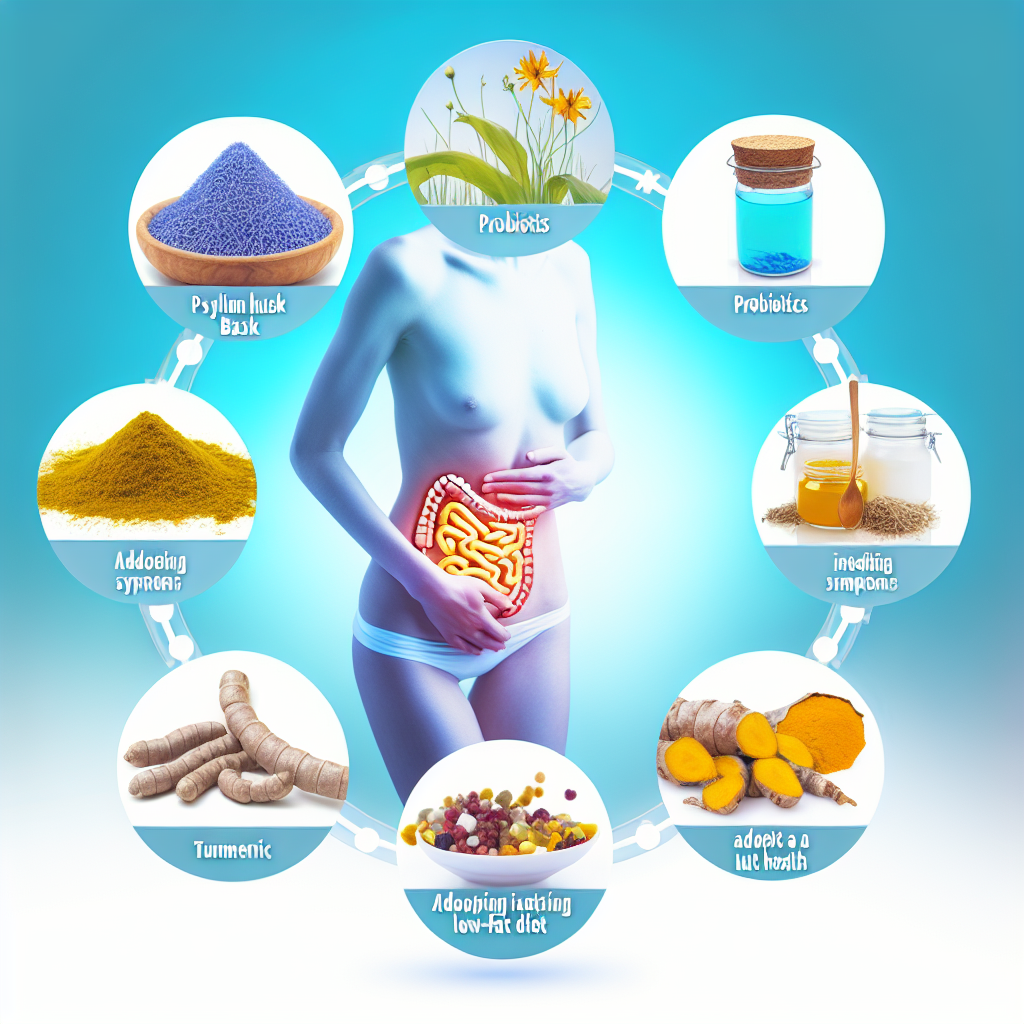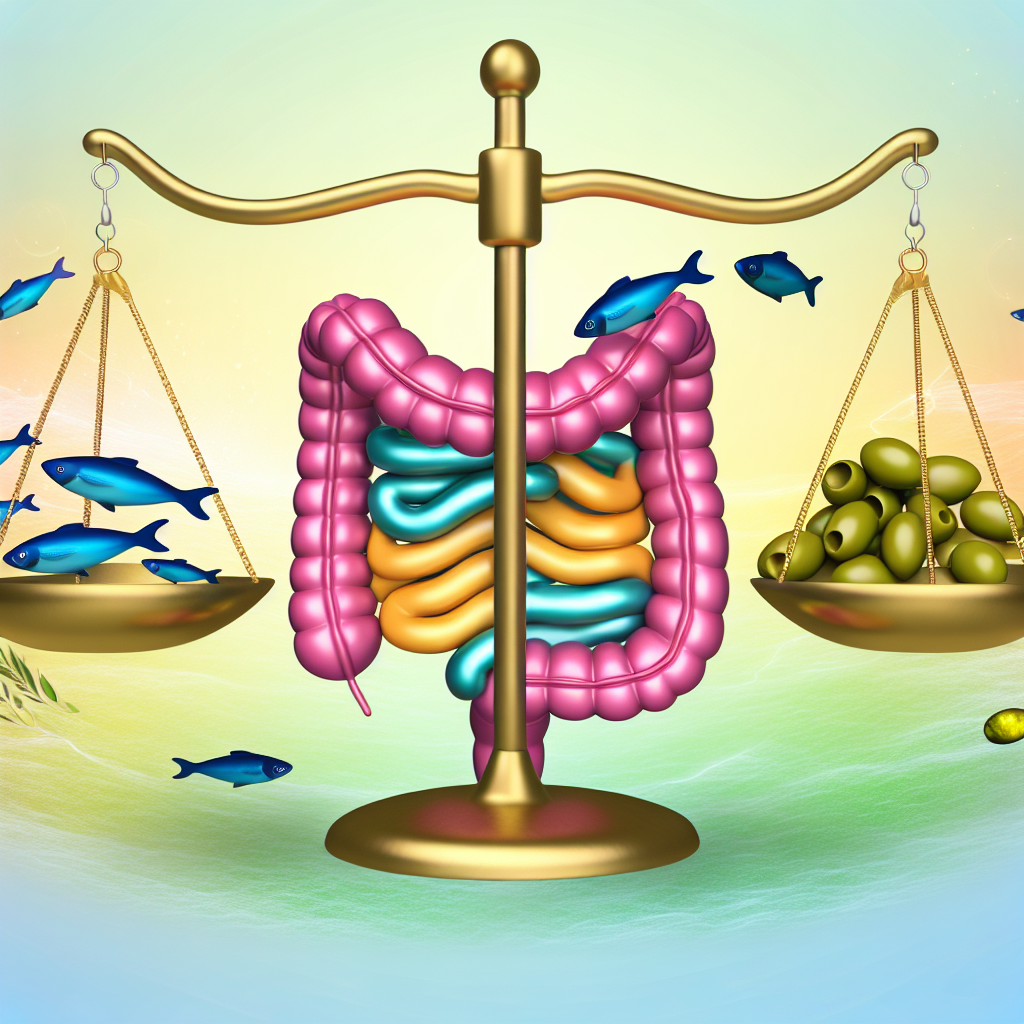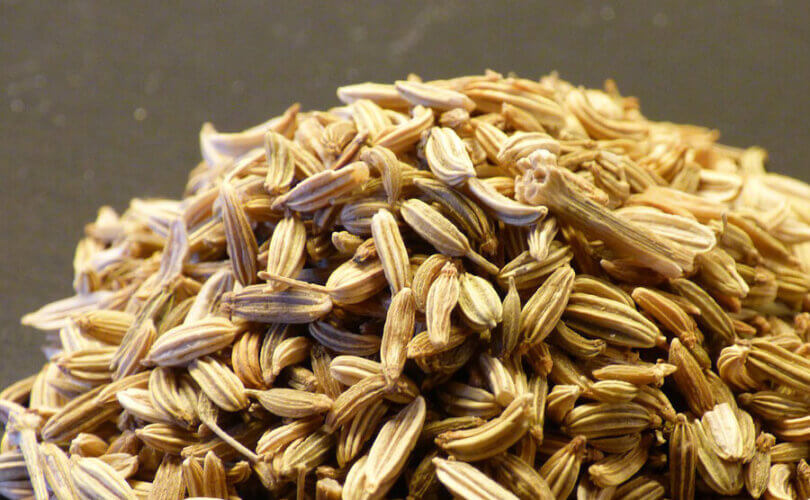Using Postbiotic Metabolites: The Next Frontier in Gut Health Supplementation
Introduction
In recent years, gut health has become a focal point of scientific research and wellness trends. While probiotics and prebiotics have long been heralded as essential for maintaining a balanced microbiome, a new player has emerged in the field: postbiotic metabolites. These bioactive compounds, produced when probiotics ferment dietary fiber, are proving to be instrumental in gut health and overall wellness.
Unlike probiotics, which rely on live bacterial strains to maintain equilibrium in the digestive system, postbiotics offer a more direct approach by delivering the beneficial metabolic byproducts of bacterial activity. These metabolites include short-chain fatty acids (SCFAs), peptides, enzymes, and various organic acids, each with distinct roles in promoting gut integrity, supporting the immune system, and reducing inflammation.
One of the key advantages of postbiotic supplementation is their stability. Unlike live probiotics, which require specific storage conditions and struggle to survive gastric acids, postbiotics provide all the benefits without these constraints. This makes them a reliable and efficient option for individuals aiming to improve digestion, optimize nutrient absorption, and prevent gastrointestinal disorders.
The Science Behind Postbiotic Metabolites
Scientific interest in postbiotic metabolites has grown significantly over the last decade, with various studies highlighting their extensive benefits. A pivotal study published in *Frontiers in Microbiology* (2021) evaluated the role of postbiotic metabolites such as butyrate, propionate, and acetate in reducing intestinal inflammation and improving gut barrier function. These short-chain fatty acids (SCFAs) have been shown to nourish colonocytes (cells lining the colon) and stimulate the production of mucus, which reinforces gut lining integrity and prevents leaky gut syndrome ([Zolkiewicz et al., 2020](https://www.frontiersin.org/articles/10.3389/fmicb.2020.01867/full)).
Postbiotics and Immune Health: A Powerful Connection
Further research, published in *Nutrients*, emphasizes the immune-modulating properties of postbiotic metabolites, particularly their ability to enhance anti-inflammatory cytokines while suppressing pro-inflammatory responses. A 2019 clinical trial involving patients with irritable bowel syndrome (IBS) demonstrated that postbiotic supplementation led to a substantial reduction in bloating, discomfort, and irregular bowel movements ([Salminen et al., 2021](https://www.ncbi.nlm.nih.gov/pmc/articles/PMC8709491/)).
The Gut-Brain Axis: How Postbiotics Influence Mental Health
A growing body of evidence points toward the effects of postbiotic metabolites on gut-brain interactions. A study in *Neurogastroenterology & Motility* found that SCFAs such as butyrate play a critical role in neurotransmitter regulation, including serotonin and GABA, which influence mood, sleep, and cognitive function. This suggests that postbiotics may be viable adjuncts in managing conditions such as anxiety and depression by promoting a healthier gut-brain axis ([Silva et al., 2020](https://pubmed.ncbi.nlm.nih.gov/31867887/)).
The Future of Postbiotic Supplements
Additionally, companies in the health and wellness sector are investing in postbiotic research to develop targeted formulations for digestive health. Some commercially available postbiotic supplements contain key metabolites like lactate and butyrate, specifically designed to enhance the equilibrium of beneficial gut bacteria while reducing pathogens.
Conclusion: Why Postbiotics Are the Next Big Thing in Gut Health
Postbiotic metabolites represent a groundbreaking advancement in gut health supplementation, offering a highly effective and stable alternative to traditional probiotics. Through their ability to directly influence digestive function, immune health, and even mental well-being, postbiotics hold immense promise in transforming how we support the microbiome.
Summary:
Postbiotic metabolites, the byproducts of probiotic fermentation, are emerging as a powerful new tool for supporting gut health. These stable, bioactive compounds offer direct benefits for digestion, immunity, and even mental well-being, making them a promising alternative to traditional probiotics. With growing scientific evidence supporting their ability to reduce inflammation, enhance intestinal barrier function, and modulate neurotransmitters, postbiotics are poised to revolutionize how we nurture the gut microbiome for optimal health.

Dominic E. is a passionate filmmaker navigating the exciting intersection of art and science. By day, he delves into the complexities of the human body as a full-time medical writer, meticulously translating intricate medical concepts into accessible and engaging narratives. By night, he explores the boundless realm of cinematic storytelling, crafting narratives that evoke emotion and challenge perspectives.
Film Student and Full-time Medical Writer for ContentVendor.com




